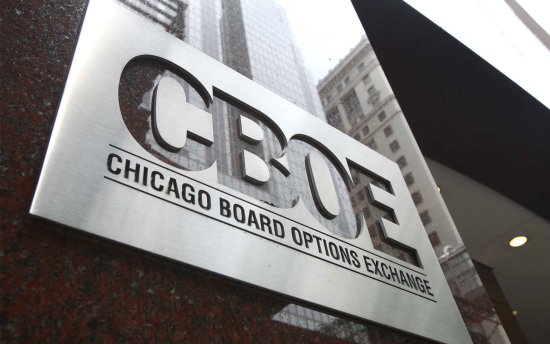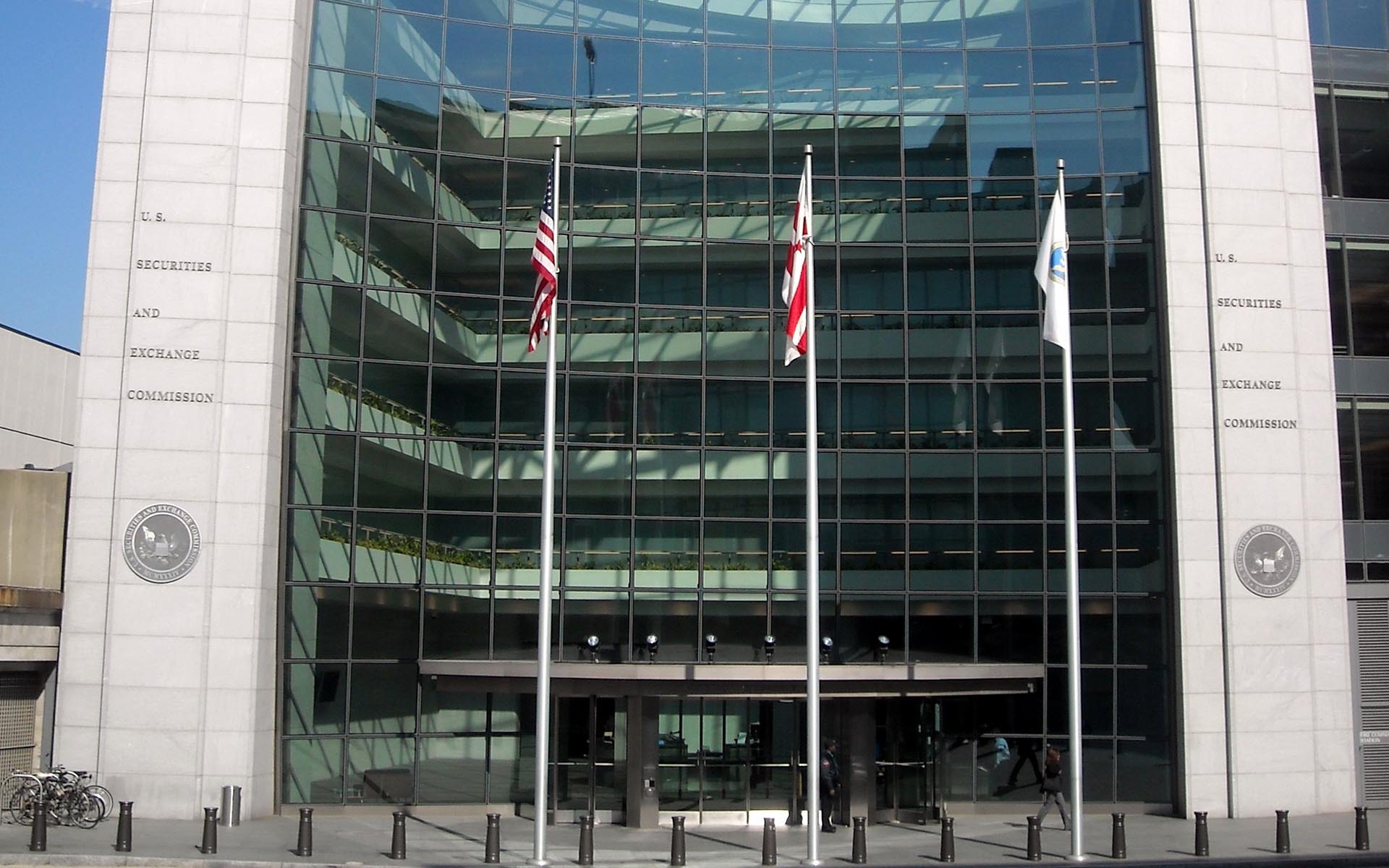
SEC Commissioner Hester Peirce explained why she is pro-Bitcoin ETF and why the Commission rejected the Winklevoss’ Twins latest rule change application.
‘I’m a Big Fan of Innovation’
In an interview with CNBC’s Cryptotrader host, Ran Neuner, SEC Commissioner Hester Peirce explained that she is currently one of four commissioners responsible for the fate of the Bitcoin ETF (though there are typically five when Commission is at full strength).
As Bitcoinist reported last week, Peirce published her dissent to the SEC’s rejection of the Winklevoss Bitcoin ETF last week, saying the decision “undermines investor protection.”
Peirce has been in the commissioner position for just six months so far, after working previously as a staff attorney. Now, she says she’s delighted to have the opportunity to weigh in on these cryptocurrency debates.

“I think we have an important role to play telling the United States and the world that our capital markets are open to innovation,” said Peirce. “And that’s what sort of drove my dissent last week and what really drove me to come back to the agency as a commissioner. ”
Peirce also revealed that she’s currently not a bitcoin ‘hodler’ as it would be potentially difficult for her to be objective if she did have bitcoin or any other cryptocurrencies.
“So I don’t [have bitcoin]. But I’m a big fan of innovation and I think that there’s a lot of interesting momentum in this space to solve problems that have been around for a long time […] that can be solved by Bitcoin, cryptocurrencies and blockchain,” she added.
‘There’s No Reason for Us to Not Allow This Product to Go Ahead’
With the Commission totaling four people at the moment, Peirce said that she was outvoted by her colleagues as the Winklevoss ETF was rejected by a vote of 3 to 1.
The Commission claims that the proposed change was not consistent with the governing statute, namely the Securities Exchange Act — but Peirce disagrees.
“I take the position that actually the change that was put before us was consistent with the Exchange Act so there’s no reason for us to not allow this product to go ahead,” she explained.
Therefore I would have let it go forward whereas my colleagues believe that it should not go forward.
The SEC went beyond its jurisdiction, according to Peirce. The agency looked at the underlying asset Bitcoin and possible price manipulation on its markets when it should have looked at the specific market where the ETF product would be traded. Peirce said:
By [looking at the underlying asset Bitcoin], they went beyond what the statute allows us to do. We should have focused on the market where the exchange-traded product would trade as opposed to focusing on the underlying Bitcoin markets.
She drew parallels to gold and oil markets where the actual underlying assets are not scrutinized like Bitcoin.
“It’s not within our purview to go and look at how those [gold, oil] markets are actually working, we should be focused on the market that’s trading the security, which in this case would be the exchange-traded product,” she said.
When Bitcoin ETF?
It’s no secret that CBOE’s VanEck/SolidX proposal has the most buzz among investors among the multiple Bitcoin ETF applications currently under review, as it would be settled in actual bitcoin and expected to have a positive impact on price [coin_price].
Peirce refrained from speculating on whether we can expect a Bitcoin ETF by the end of 2018 as well as from commenting on any product under review right now.
“We will consider each application based on its own facts and circumstances and we will see what happens,” she added.

At the same time, Peirce hopes that the commission takes her dissent into consideration because she believes greenlighting a Bitcoin ETF would “increase opportunities for investors, which this last decision did not do.” She explained:
As resources are being poured into this area, I want to make sure that we as a nation are a place where people feel that—yes we can come here, we can innovate, we don’t have to worry about the regulatory structure that’s going to unnecessarily inhibit us.
The commissioner also acknowledged that she does feel a weight on her shoulders as there is a delicate balance between protecting investors and not stifling innovation.
“Any regulatory agency has a difficult time dealing with innovation,” she continued. “Innovation is important to investors but also to the economy as a whole which means it affects real people’s lives.”
Of course we want to have protections in place but if we have a system that unwelcoming to innovation, it will go elsewhere or will not happen. And that will hurt real people so I do worry about that.
The decision for the VanEck/Solidx proposal is scheduled for August 10th, though an extension into 2019 is likely.
Will the Bitcoin ETF be approved this year? Share your prediction below!
Images courtesy of Shutterstock, Wikipedia.org.


















